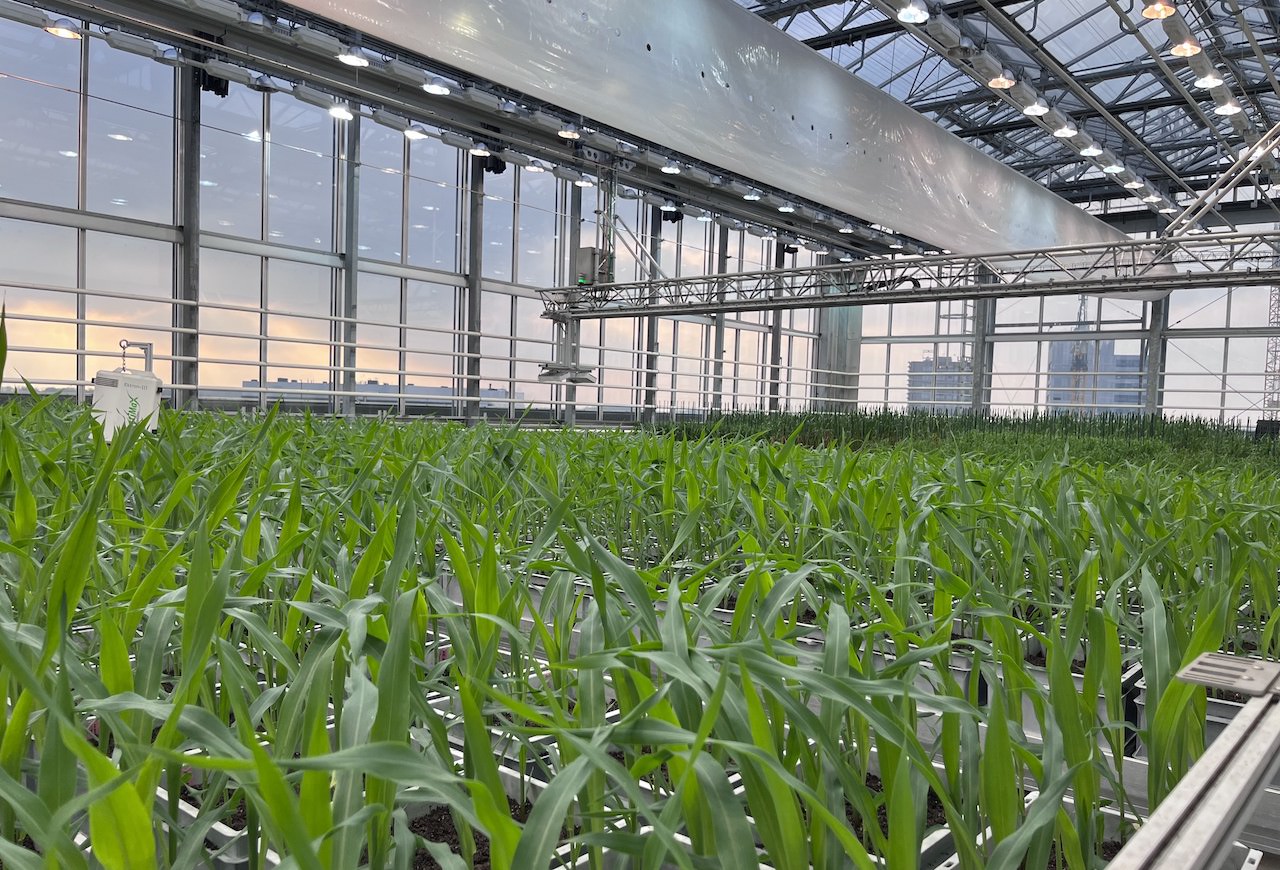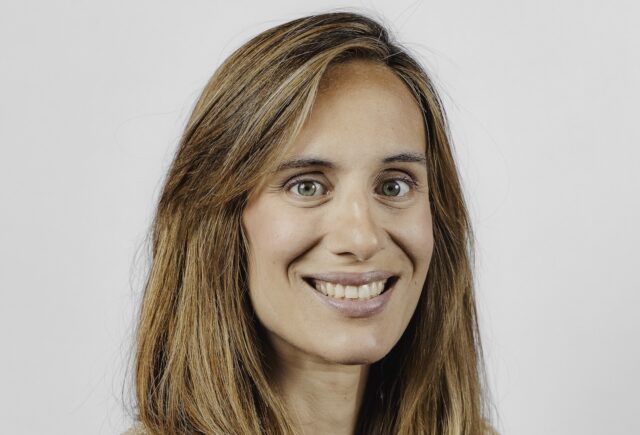Aphea Bio has raised €70m to accelerate its R&D and market expansion of sustainable agrobiological products for corn and wheat farming.

Belgian agritech firm Aphea Bio has raised €70m in its latest funding round to accelerate the development of a new generation of agrobiological products, providing a sustainable alternative for fertilisation and fungal disease control in corn and wheat.
Leading the Series C funding round were Dutch impact investors Innovation Industries, Belgian family office Korys Investments, the Bill and Melinda Gates Foundation, Belgium’s sovereign wealth fund SFPIM and BNP Paribas Fortis. Existing shareholders, including the European Circular Bioeconomy Fund (ECBF), also made follow-on investments.
Founded in 2017 as a spin-off of VIB, a Belgian non-profit research institute specialised in the life sciences and its partner universities Ghent University and KU Leuven, Aphea Bio operates a research and development platform which uses several proprietary technologies to develop a pipeline of new biocontrol and biostimulant products for wheat and maize.
The aim of its products is to improve food security and support a safe and healthy food chain by reducing the need for harmful chemical fertilisers and pesticides.
The company said the capital raised would help it to cement its position as a frontrunner in biological product development by allowing it to further advance research and development in biologicals, scale product launches, expand market reach, and commercialise its product offerings.
Isabel Vercauteren, CEO of Aphea Bio said: “This investment allows us to broaden our operations and bring our products to market at a larger scale, so we can address urgent agricultural challenges and meet the needs of farmers worldwide, while at the same time ensuring accessibility and affordability for smallholder farmers in low-income countries.”
Sustainable agriculture
Quoting a report by the Special Rapporteur on the right to food, Vercauteren said that “the excessive use and misuse of pesticides results in contamination of surrounding soil and water sources, causing loss of biodiversity, destroying beneficial insect populations that act as natural enemies of pests and reducing the nutritional value of food”.
She explained that biocontrol had recognised potential to support the protection and enhancement of biodiversity, particularly in the framework of integrated pest management, a system for managing pests that aims to be as sustainable as possible, and in combination with organic production.
“We are committed to protecting the planet and biodiversity through the development of innovative, more sustainable biological products that are not harmful to either nature or humans,” she said. “To better understand the environmental impacts and benefits of our products, we have conducted a lifecycle analysis of our first biostimulant product, the results of which show that by using our wheat biostimulant, farmers can reduce fertiliser use by 20%, leading to a potential impact reduction of 5%, 4% and 9% in the areas of climate change, human health, and resources, respectively. This is fully in line with the European Green Deal 2030 goals,” she added.
EIB-backed ECBF makes second investment
The European Investment Bank-backed ECBF, which was founded in 2020 and reached a final close of €300m in early 2022 as reported by Impact Investor, aims to invest in 25 late-stage bio-based circular economy companies, chosen from across the EU’s 27 member states and Horizon 2020 countries, which support the transition to a sustainable biobased economy. The initial investment in Aphea Bio was the third of 11 so far in the fund.
Speaking to Impact Investor, Stéphane Roussel, partner at ECBF, said the fund was initially attracted to ApheaBio by the company’s ‘unique’ focus on row crops, adding that “microbial companies tend to commercialise in fruits and vegetables, rarely so in row crops.”
Roussel said the company’s focus on hard-to-cultivate microbes, which offered an opportunity for market differentiation and unique intellectual property rights, as well as the quality of the founding team and Aphea Bio’s high throughput research platform, had also been key selling points.
“Agriculture is closely interconnected with several of the UN’s SDGs, including zero hunger (SDG 2), clean water (SDG 6), climate action (SDG 13), and life on land (SDG 15). In particular, sustainable agriculture enhances food security by improving productivity, increasing resilience to climate change impacts, and ensuring inclusive systems able to deliver access to safe, healthy, and nutritious food for a growing population,” he added.
Expansion plans
Aphea Bio said it would be further expanding its research facilities with the planned opening of its first pilot plant later this year.
Vercauteren said with the current production capacities at Aphea Bio limited to lab scale fermentation, in other words up to 10 litres in volume, a new plant was needed to develop its prototype products.
“Our pilot plant will allow us to scale up to 300 litres of volume, making the step towards large scale commercial production more controllable,” she said.
The company has already made significant strides in its product portfolio, launching its first commercialised product Activ by Alphea Bio, a biostimulant seed treatment for wheat just last month, with plans to extend the treatment to barley seed as well.






